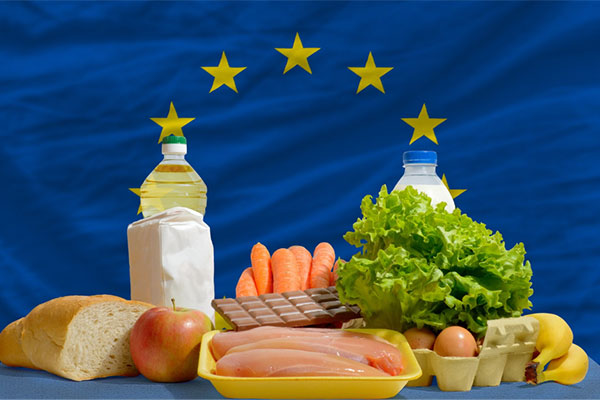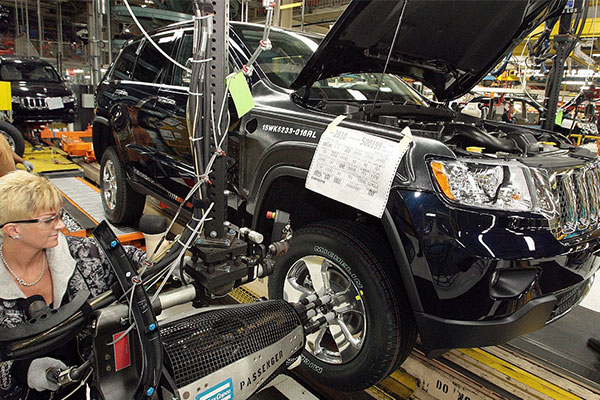Regulatory requirements and procedures for imported natural mineral feed
April 1, 2024
In the development of modern animal husbandry today, the import of natural mineral feeds has become an important means to improve the production performance of livestock and poultry and ensure animal health. The introduction of these mineral feeds not only enriches the types of animal feeds but also provides animals with necessary trace elements, promoting the healthy growth of animals. However, there are many regulatory requirements that need to be met when importing such feeds. Then...
Detailed explanation of the import and export supervision of hazardous chemicals and dangerous goods
March 26, 2024
In global trade activities, the import and export of hazardous chemicals and hazardous goods is a highly regulated and strictly regulated area, aimed at ensuring the safety of people, property and the protection of the environment. This article will detail the relevant regulations, common questions, typical cases and welcome reminders for hazardous chemicals, hazardous goods and their packaging to help better manage risk and comply with regulations.
India renews anti-dumping duties on aluminum alloy wheel hubs in China
March 20, 2024
The Ministry of Finance of India issued the 07/2024-Customs (ADD) Notice on March 15, 2024, officially announcing the continuation of the five-year anti-dumping duty on aluminum alloy road wheels (ARW) originating in or imported from China.
South Korea decides to continue to impose anti-dumping duties on coated printing paper
March 19, 2024
On March 18, 2024, the Ministry of Finance of South Korea announced that it would continue to impose anti-dumping duties on coated printing paper from China, Japan and Finland in accordance with Order 1040.This move is a decision made after the sunrise review of the coated printing paper involved, the weight of the products involved ranging from 55 grams to 110 grams per square meter, the specific tax rate is detailed below.
Update on the latest EU food export regulations in 2024
March 11, 2024
With the continuous improvement of food safety standards, the EU has recently updated and adjusted food regulations. This article will introduce the latest regulatory requirements that food companies exporting to the EU must understand. I, the expanding scope of use of GMO GT 73 Main regulatory content: European Commissions recently issued Implementing Regulation (EU) 2024/388, marking GMO...
U.S. policy towards Chinas Auto Industry: Competition, Elections, and Innovation
March 11, 2024
Since February 2023, the U.S. has shown increased attention to Chinas automotive industry. The U.S. Department of Commerce has listed Chinas connected vehicles as a policy focus and plans to take corresponding measures. The reasons behind this decision are complex and varied, involving the strategic importance of the U.S. automotive industry, electoral politics, and the rapid rise of Chinas automotive industry.
The new regulations for lithium-ion battery 3C certification will be implemented from August 1st
March 7, 2024
From August 1, 2024, China will implement compulsory product certification for lithium-ion batteries (3C certification), in accordance with the announcement of the General Administration of Market Regulation on the implementation of compulsory product certification management for products such as lithium-ion batteries (No. 10 2023).
The U.S. International Trade Commission makes a final ruling on negative injury to imported tinplate
February 18, 2024
On February 6, 2024, the U.S. International Trade Commission (ITC) issued a critical vote to terminate the anti-dumping-negative industrial damage of Tin Mill Products imported from Canada, China and Germany and to terminate the anti-subsidy-negative industrial damage of China imported from the U.S. Department of Commerce.
EUs new January trade regulation bans: Environmental actions and sanctions updates
February 4, 2024
In today’s globalized world, trade regulations are not only a legal tool for regulating international economic activities, but also an important tool for countries (or regions) to advance their strategic goals and address global challenges on the global stage. Recently, the European Union has adopted a series of new regulations and sanctions aimed at further limiting climate change, safeguarding regional security and promoting a green economic transition.










 Follow Customer Service WeChat
Follow Customer Service WeChat